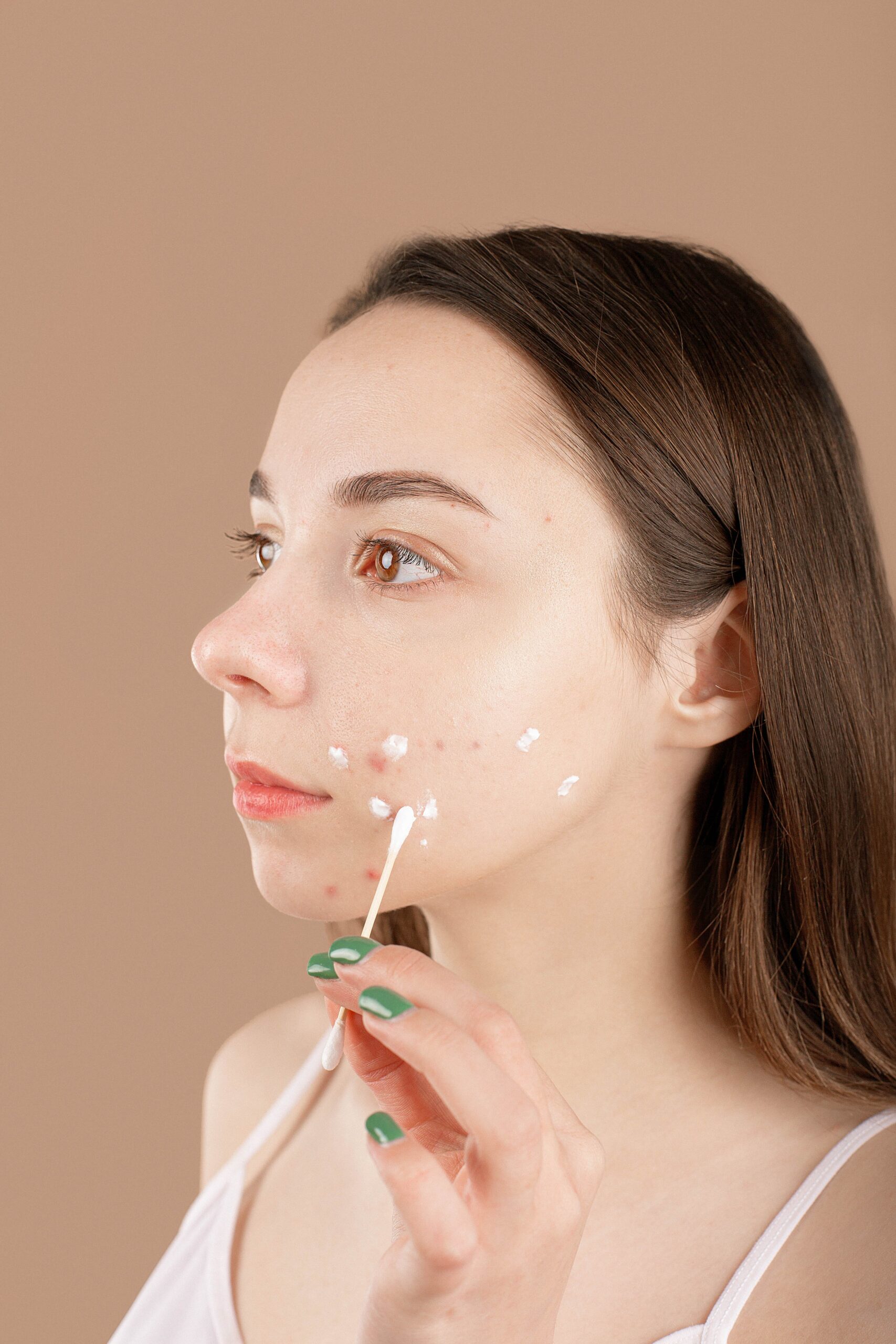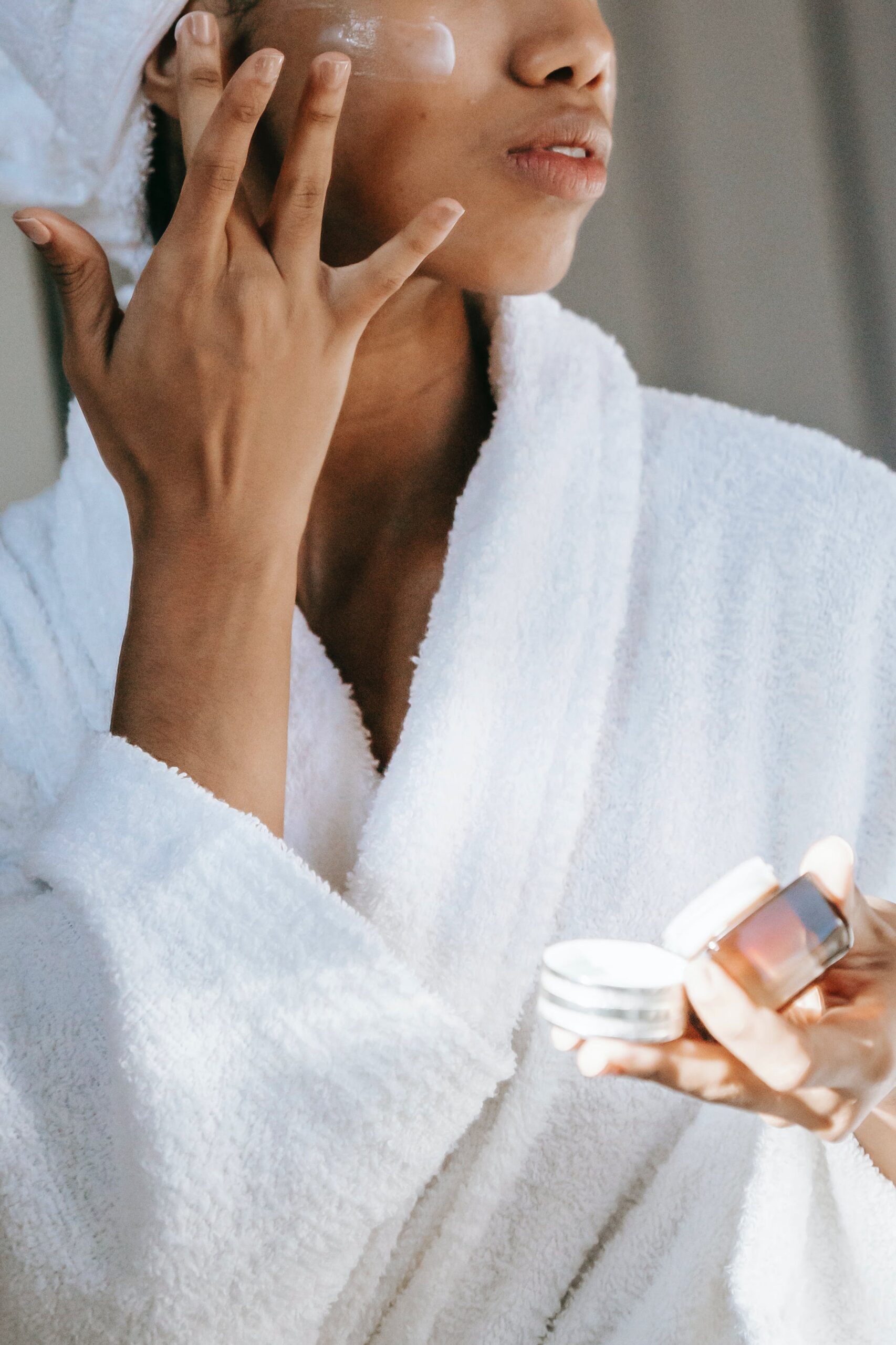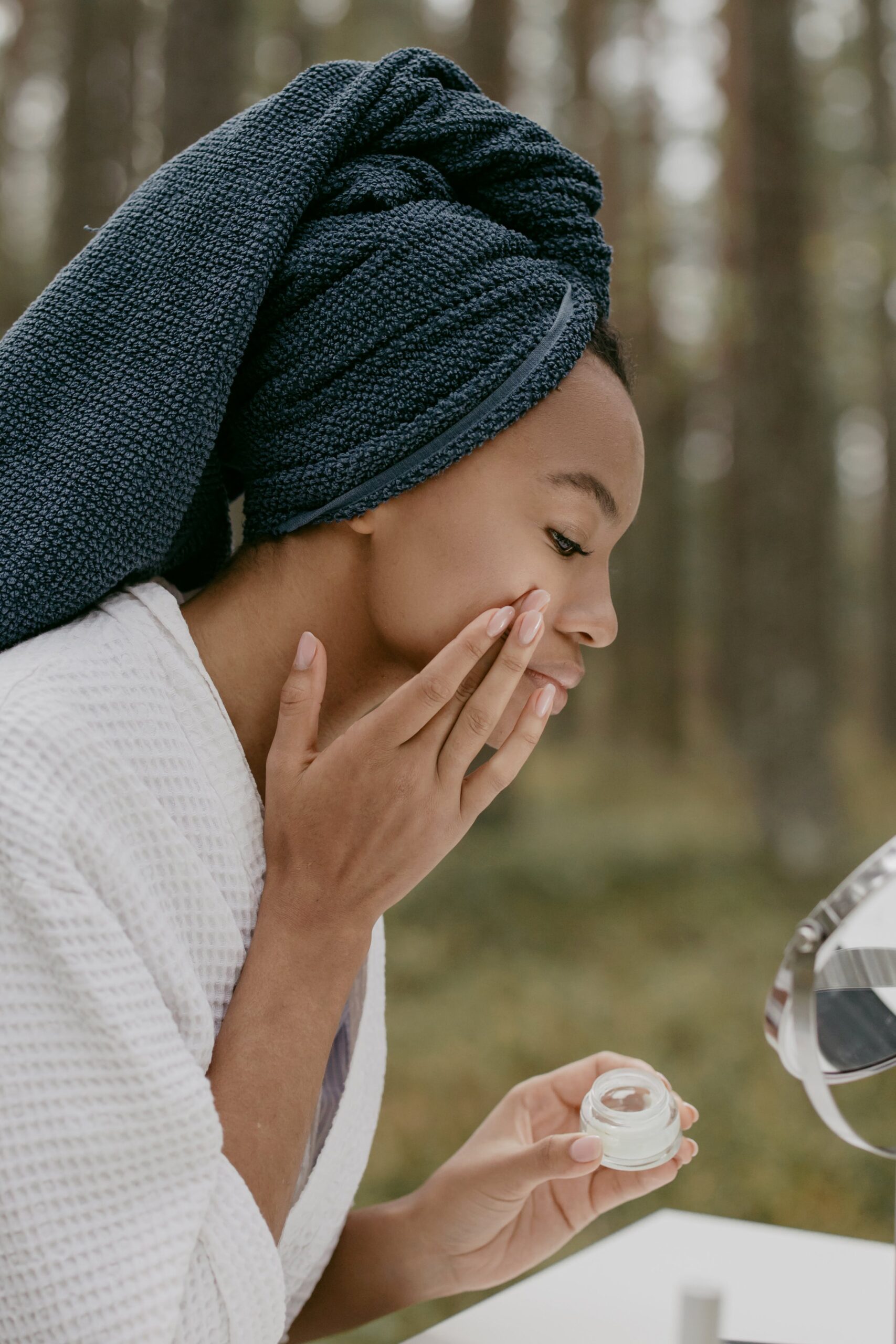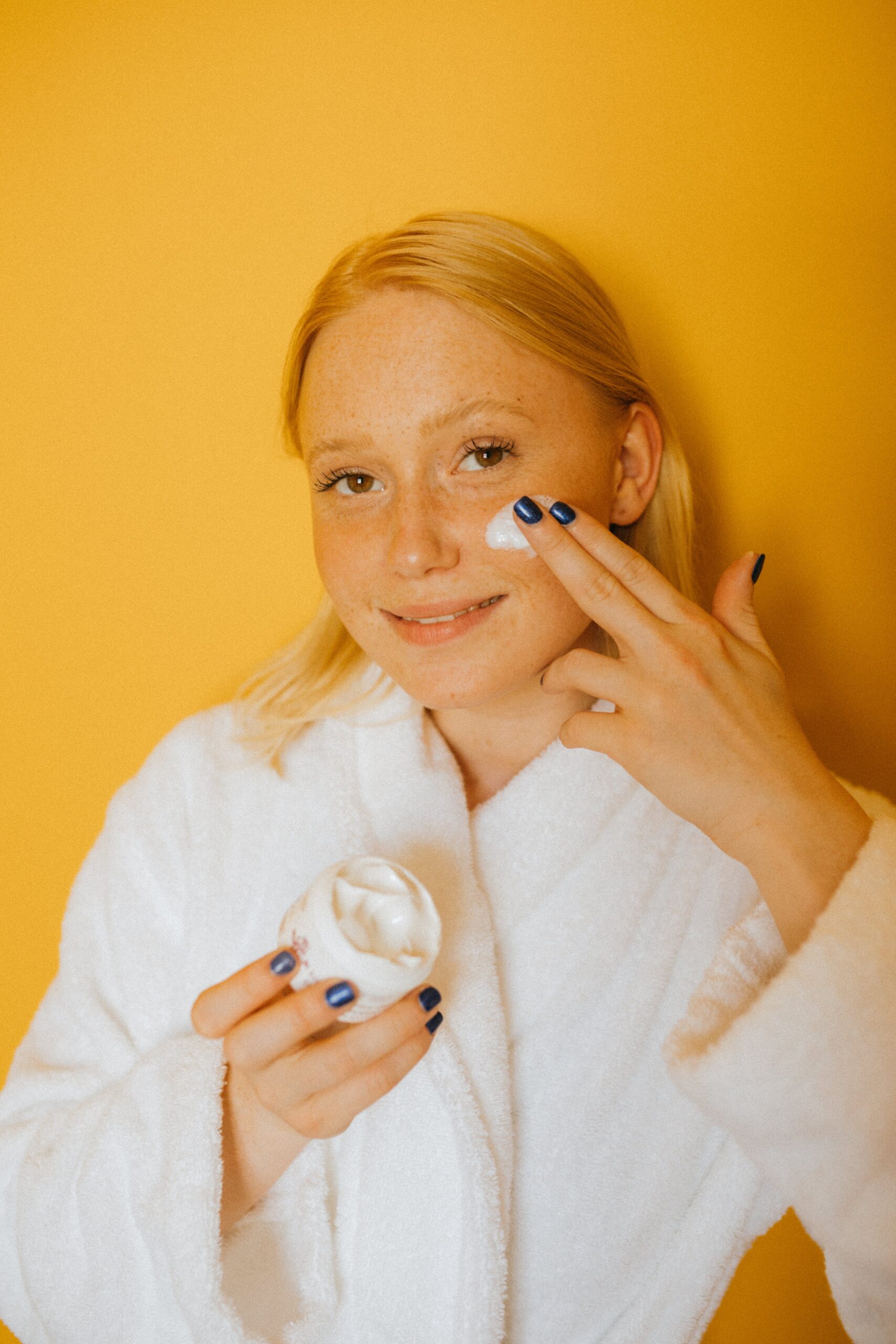Acne – an all too familiar term that plagues millions around the globe, transcending age, gender, and ethnicity. Its presence often extends beyond mere physical blemishes, impacting self-esteem and mental well-being. The quest for clear skin becomes a journey fraught with complexities, confusion, and countless products promising miracles.
Navigating the realm of acne management requires not just a casual understanding but a comprehensive grasp of its nuances. This blog aims to demystify acne and unravel the intricacies of selecting the most suitable acne cream for individual skin needs.
“Acne, a multifaceted skin condition influenced by factors like excess sebum, bacterial infection, hormonal fluctuations, and genetic predisposition, manifests in various forms beyond teenage years, dispelling misconceptions about its origins and emphasizing the need for a comprehensive approach to effective treatment and skincare.”



Understanding Acne
Acne, contrary to popular belief, isn’t solely a teenage tribulation. It manifests in various forms, affecting adolescents and adults alike. The primary culprits behind acne are multifaceted, stemming from a combination of factors that trigger its onset:
Types of Acne: Understanding acne begins with recognizing its diverse forms. From pesky blackheads and whiteheads to deeper, painful cysts, each type possesses distinct characteristics. Blackheads and whiteheads, medically termed comedones, surface when hair follicles get clogged with oil and dead skin cells. Meanwhile, cysts form deeper within the skin, often causing more severe inflammation and scarring.
Causes: While misconceptions abound, acne isn’t merely a consequence of poor hygiene. Hormonal fluctuations, excessive oil production (sebum), bacteria (Propionibacterium acnes), and genetic predispositions play pivotal roles in its development. Factors like stress, diet, and environmental influences can exacerbate existing conditions but aren’t singularly responsible for acne’s onset.
- Maintain a Consistent Skincare Routine: Establish a gentle skincare routine using products suitable for your skin type, including a non-comedogenic cleanser, oil-free moisturizer, and acne-fighting treatments with ingredients like salicylic acid or benzoyl peroxide.
- Regularly Cleanse the Skin: Cleanse your face twice daily (morning and night) to remove excess oil, dirt, and impurities that can clog pores. Avoid harsh scrubbing, as it can irritate the skin and worsen acne.
- Avoid Touching Your Face: Refrain from touching your face excessively, as it can transfer bacteria and dirt from your hands, exacerbating acne breakouts. Be mindful not to pick or squeeze acne lesions, as this can lead to scarring and further inflammation.
- Choose Non-Comedogenic Products: Opt for makeup, sunscreen, and skincare products labeled as non-comedogenic or oil-free to minimize pore-clogging and reduce the risk of acne flare-ups.
- Stay Hydrated and Eat a Balanced Diet: Drink an adequate amount of water to keep the skin hydrated and incorporate a balanced diet rich in fruits, vegetables, lean proteins, and whole grains. Limit consumption of sugary, processed foods, as they may trigger acne in some individuals.
- Manage Stress Levels: High stress can exacerbate acne by increasing hormone production. Practice stress-reducing techniques such as meditation, yoga, or regular exercise to help manage stress levels and promote clearer skin.
- Regularly Wash Pillowcases and Bedding: Clean pillowcases, bedsheets, and other fabrics that come into contact with your face regularly to reduce the accumulation of dirt, oils, and bacteria that can contribute to acne breakouts.
- Consult a Dermatologist: If acne persists or becomes severe, seek professional help from a dermatologist. They can provide personalized advice, prescribe medications, or suggest treatments like topical retinoids, oral medications, or procedures to manage acne effectively.
Myths and Misconceptions: Countless myths perpetuate the confusion surrounding acne. The misguided belief that acne is solely a result of unclean skin leads to harsh, ineffective treatments. Contrary to popular opinion, scrubbing vigorously or over-washing the face doesn’t banish acne. In fact, such actions may aggravate the skin, exacerbating the condition.
Understanding acne necessitates dispelling these misconceptions and embracing a multifaceted approach to its treatment and management.
Incorporating these practices into your daily routine can help protect your skin from acne and promote clearer, healthier-looking skin over time.
Previous Story









